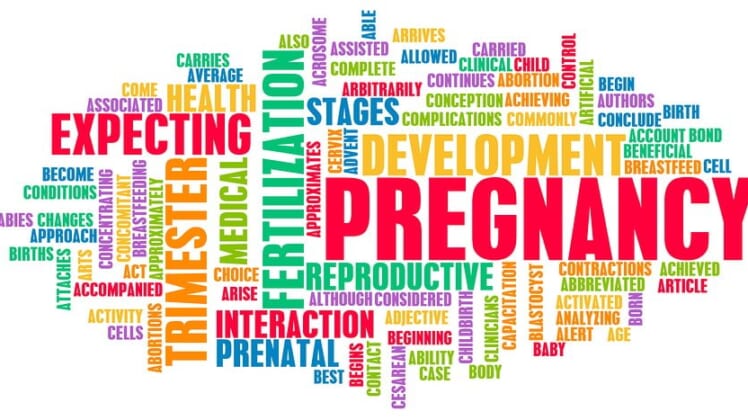
California researchers have found that children whose mothers suffered from HG while carrying them were more than 3 times as likely to suffer from anxiety, bipolar disorder and depression in adulthood than children born to mothers who did not have the condition.
“HG is an understudied and undertreated condition of pregnancy that can result in not only short-term maternal physical and mental health problems but also potentially lifelong consequences to the exposed fetus,” the researchers said.
Prior studies have found that children whose mothers suffered from nausea past the first trimester have more attention and learning studies by age 12.
The researchers blame poor fetal nutrition, a frequent result of HG, as a cause for adverse outcomes and poor health in adulthood. HG can essentially starve the developing fetus of essential nutrients, and cause dehydration, which can impact brain development.
Also, HG often causes stress and anxiety in the mother, which can also negatively affect the fetus.
The condition often runs in families. According to the researchers, women with a family history of the condition were up to 17 times more likely to suffer from it themselves.
The study was published in the Journal of Developmental Origins of Health and Disease and funded by the National Institute of Child Health and Human Development.
